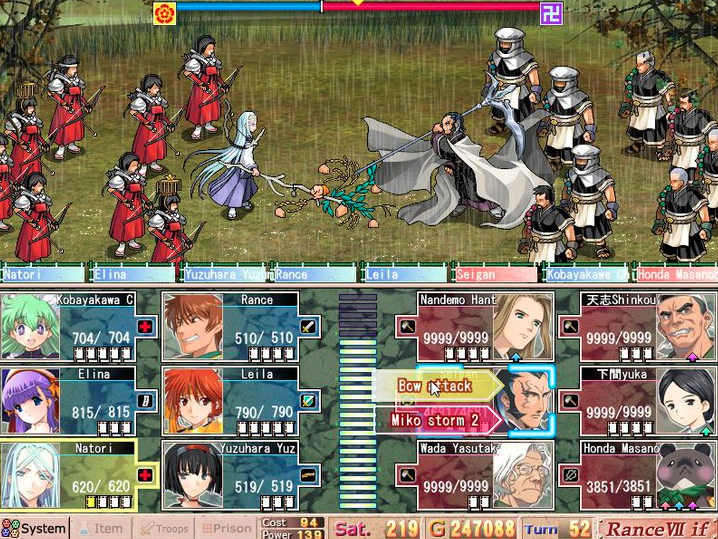

The Sengoku period was initiated by the Ōnin War in 1467 which collapsed the feudal system of Japan under the Ashikaga shogunate. Regardless of the dates chosen, the Sengoku period overlaps substantially with the Muromachi period (1336–1573). Though the Ōnin War (1467) is generally chosen as the Sengoku period's start date, there are many competing historiographies for its end date, ranging from 1568, the date of Oda Nobunaga's march on Kyoto, to the suppression of the Shimabara Rebellion in 1638, deep into what is traditionally considered the Edo period. 'Warring States period') is the period in Japanese history in which civil wars and social upheavals took place almost continuously in the 15th and 16th centuries. The Sengoku period ( Japanese: 戦国時代, Hepburn: Sengoku Jidai, lit.

If possible, verify the text with references provided in the foreign-language article.

Do not translate text that appears unreliable or low-quality.Consider adding a topic to this template: there are already 3,443 articles in the main category, and specifying |topic= will aid in categorization.Machine translation, like DeepL or Google Translate, is a useful starting point for translations, but translators must revise errors as necessary and confirm that the translation is accurate, rather than simply copy-pasting machine-translated text into the English Wikipedia.


 0 kommentar(er)
0 kommentar(er)
